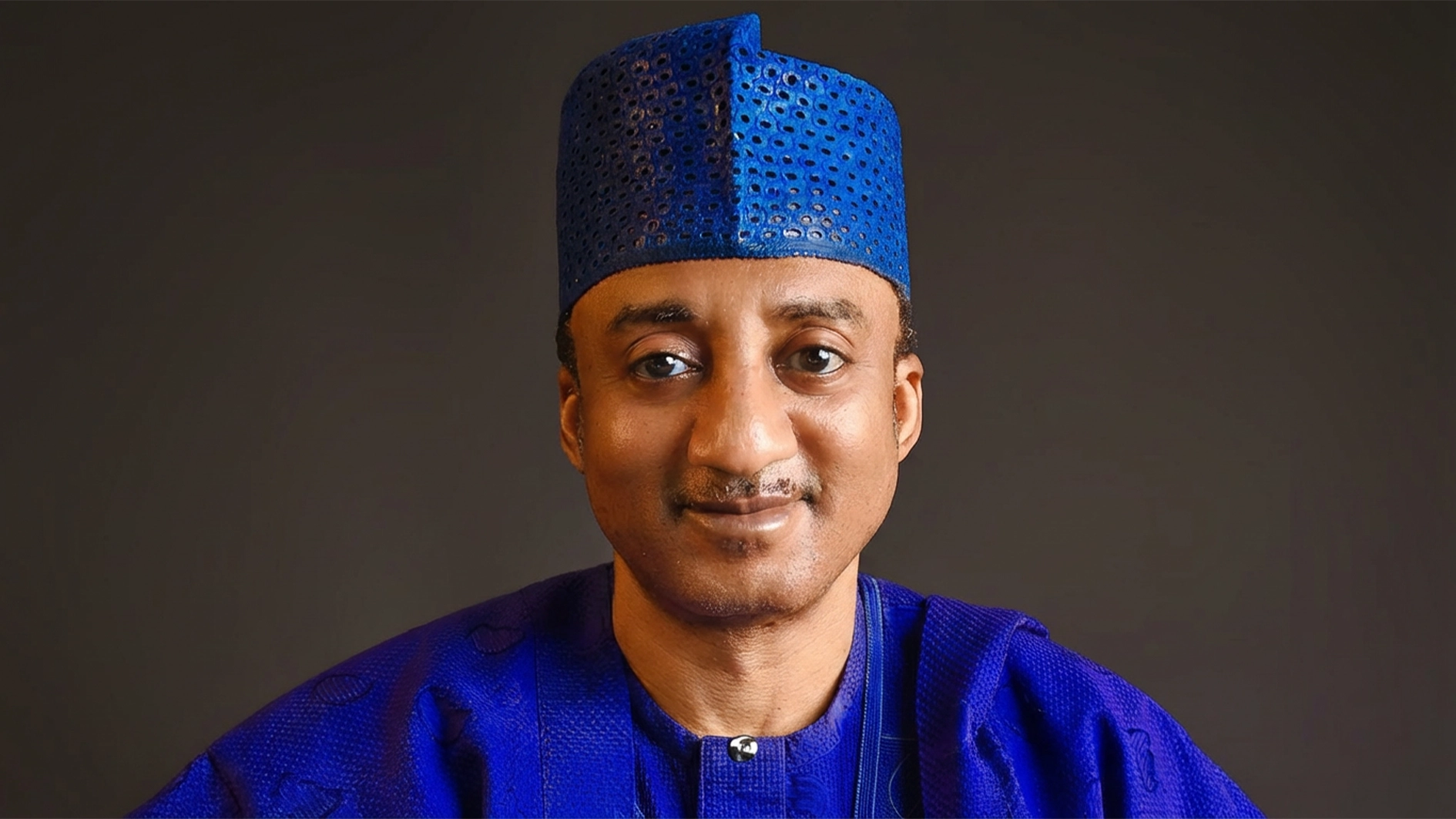Sultan, MURIC fault Christian genocide narrative in North
The Catholic Bishop of Sokoto Diocese, Matthew Kukah, has urged the United States not to re-designate Nigeria as a Country of Particular Concern over religious freedom, arguing that such a move would “hurt ongoing efforts” to promote dialogue, national healing and interfaith understanding under the Bola Tinubu administration.
However, the Sultan of Sokoto and Chairman of the Northern Traditional Rulers Council, Sa’ad Abubakar III, dismissed claims of an ongoing genocide against Christians in northern Nigeria, describing such allegations as false and divisive.
Relatedly, the Muslim Rights Concern (MURIC) accused Nigerian Christian leaders of using the United States (U.S.) as a tool of intimidation to pressure the Federal Government and marginalise Muslims in the country.
Speaking at the launch of the Aid to the Church in Need (ACIN) 2025 World Report on Religious Freedom in the World at the Augustinianum Hall in Vatican City, Bishop Kukah said, although Nigeria remains deeply troubled by violence, discrimination and insecurity, there are encouraging signs of progress that should be strengthened, not punished.
“Re-designating Nigeria a Country of Concern will only make our work in the area of dialogue among religious leaders even harder,” Kukah said. “It will increase tensions, sow doubt, open windows of suspicion and fear, and simply allow the criminals and perpetrators of violence to exploit. What Nigeria needs now is vigilance and partnership, not punishment.”
The cleric, long recognised as one of Nigeria’s leading voices on human rights and interfaith relations, acknowledged that the country had failed in many respects to protect citizens’ rights to worship freely.
He said that under former President Muhammadu Buhari, religious persecution, particularly against Christians, “was visible and egregious,” marked by exclusionary policies and the capture of federal power by northern Muslims.
“The Buhari administration marked the worst phase in the history of interfaith relations in Nigeria,” Kukah said.
“That government gave oxygen to jihadists through policies that overtly favoured Islam and northern Nigeria.”
But he said the Tinubu administration had so far shown “a willingness to listen and to act inclusively.”
For the Sultan, Christians and Muslims have coexisted peacefully for centuries in the North, adding that reports suggesting otherwise are deliberate attempts to create tension and disunity among the people.
Speaking at the meeting of the Northern Traditional Rulers Council in Birnin Kebbi, Kebbi State, the Sultan commended the Nigerian Army for its sustained efforts in tackling banditry and insurgency across the Northern region and the country at large.
He reaffirmed the traditional rulers’ support for the military and the Federal Government in their continued fight against insecurity.
“Without the military, we wouldn’t be here holding this meeting comfortably. Therefore, we must encourage them to do more,” he said.
The Sultan also expressed concern over the reckless use of social media, urging the Federal Government to take steps to regulate its use. He revealed that he had personally been a victim of misinformation circulated online.
The Chief of Defence Staff, General Christopher Musa, in his keynote address, called on traditional rulers to deepen community engagement in support of the military’s operations against insurgents and bandits.
In a statement, yesterday, by its Executive Director, Prof Ishaq Akintola, MURIC alleged that reports of “Christian genocide” in Nigeria were surprisingly sent to the U.S. by some leaders back home (because the U.S. is perceived as a Christian superpower), rather than to African institutions such as the African Union (AU) or Economic Community pof West African States (ECOWAS).
According to the Islamic human rights group, the move reveals a deeper agenda of neo-imperial domination and religious favouritism aimed at securing undue advantages for Christians.
Akintola argued that both Christians and Muslims de been victims of terrorism, noting that criminal groups often target crowded places such as churches and mosques.






